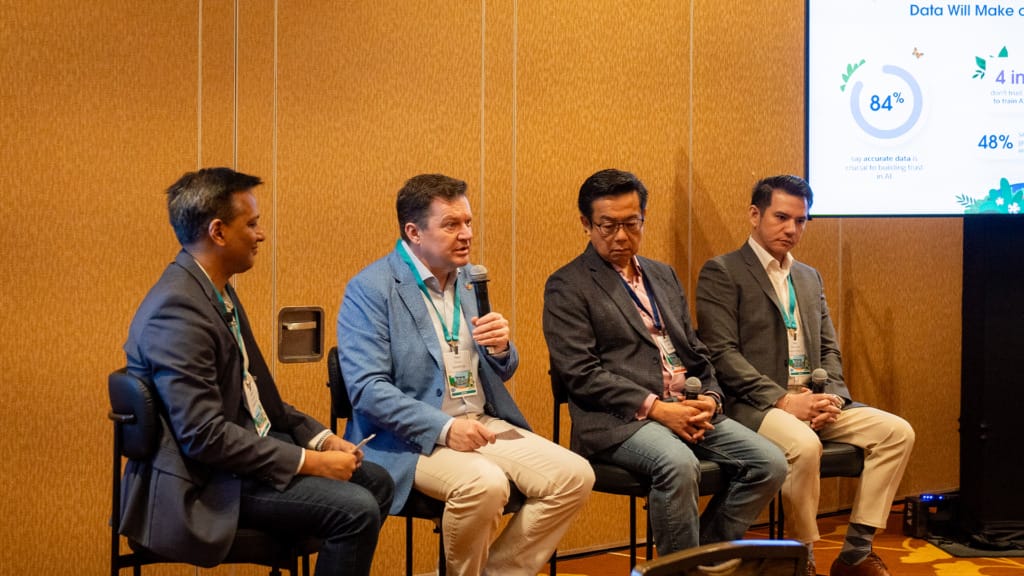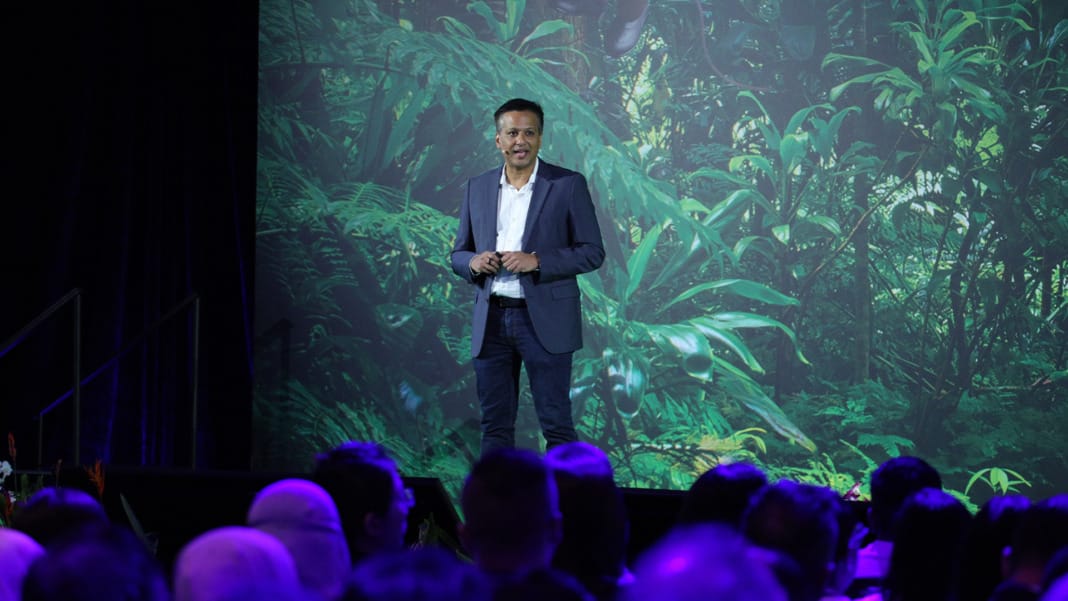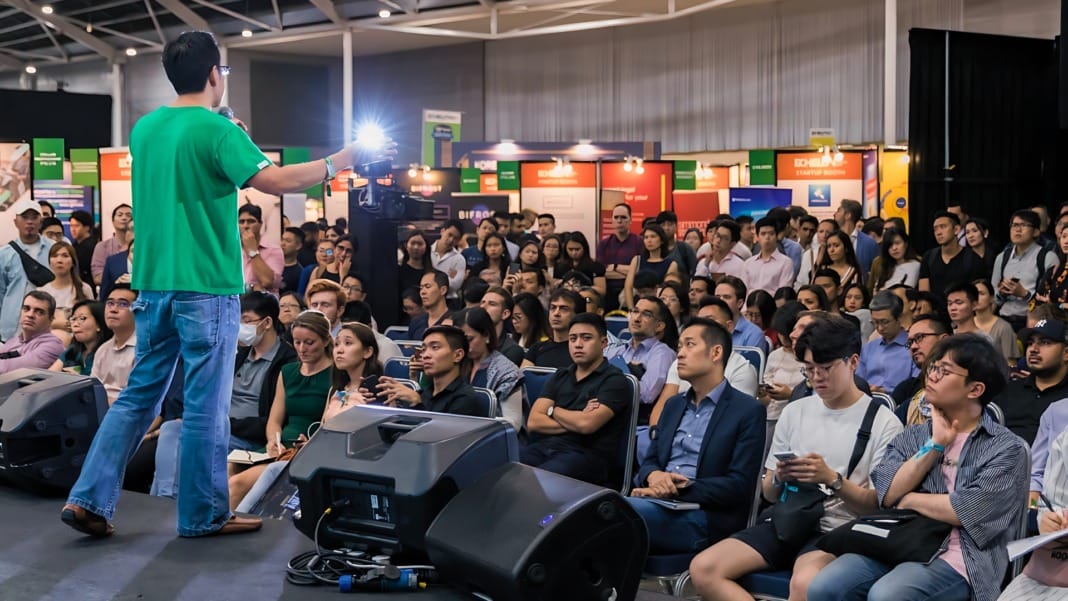A recent study conducted by Salesforce has revealed deep-seated concerns among Singaporean workers regarding artificial intelligence (AI). The findings, which were shared during the Salesforce World Tour Essentials Singapore event on May 8, show that a majority of workers are apprehensive about losing control of AI and are sceptical about the data used to train these systems. This distrust presents a significant hurdle to the widespread adoption of AI technologies.
The trust and data issues impacting AI adoption
The Salesforce’s AI Trust Quotient study, which included responses from 545 full-time workers in Singapore and nearly 6,000 globally, found that 58% of Singaporean respondents fear that humans might lose control over AI. Furthermore, a substantial 94% are not ready to let AI operate without human oversight. The findings underscore a deep-rooted scepticism, as 48% of workers find it challenging to get what they want from AI, and 40% distrust the data used to train AI systems.
Among those wary of AI, 95% hesitate to adopt the technology due to these trust issues. Moreover, two-thirds of those doubting the integrity of AI training data also show reluctance towards adoption. These concerns are exacerbated by the perceived inadequacies in the data powering AI, with 70% of sceptics pointing to insufficient information, rendering AI less useful.
Sujith Abraham, Senior Vice President and General Manager at Salesforce ASEAN, explains the impact of these findings: “Adoption of AI within the workforce is critical if businesses are to achieve their goals of increasing employee engagement and productivity which is foundational to higher value customer relationships and margins. But in order to use it, they need to trust it. AI is only as good as the data powering it, and new research shows that data makes or breaks the workforce’s trust in AI. Businesses need to unify their data across systems for AI to deliver useful, accurate outputs that workers trust.”
Critical role of accurate and complete data
The research highlights that for AI to gain trust, the accuracy and completeness of data are paramount. In Singapore, 84% of workers stressed the importance of AI using precise data, while 82% prioritised the security of confidential data. Furthermore, 79% felt that AI should utilise all possible and relevant data to be trustworthy.
Interestingly, 80% of the Singapore workforce believes that consistent accuracy in AI outputs is essential for trust, a figure above the global average. This sentiment is mirrored in neighbouring regions, with 73% in Australia and 71% in India agreeing with this viewpoint.
Keeping humans in the driver’s seat
As AI technology becomes more sophisticated, the consensus among workers is that human oversight remains crucial. In Singapore, a notable 94% of respondents do not trust AI to operate independently. However, combining AI with human oversight is a favourable solution, with 59% of workers trusting such an arrangement to keep data secure.

Laurence Liew, Director of AI Innovation at AI Singapore, also weighed in on the importance of human-centric AI approaches: “AI Singapore’s initiatives, such as the AI Apprenticeship Programme (AIAP) and LearnAI, are focused on developing a skilled and responsible AI workforce, while programs like the 100 Experiments (100E) ensure that AI solutions are implemented with a human-centric approach, addressing real-world challenges and delivering tangible value. By prioritising data quality, transparency, and human oversight, we can foster greater trust in AI and unlock its transformative potential for businesses and society.”
These insights from Salesforce’s research, shared during the World Tour Essentials event in Singapore, underscore the complex relationship between AI technology, data integrity, and human oversight, all of which are critical to building trust and advancing AI adoption across industries.




